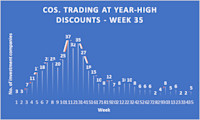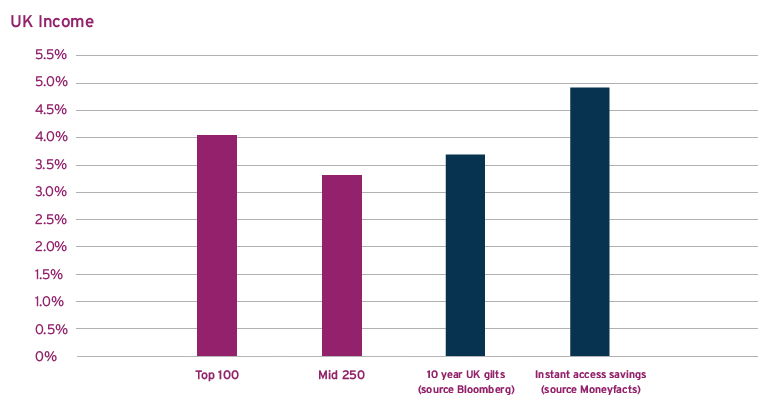
2 high-yield shares I’d consider to target a £1,380 passive income in 2025
by The Motley Fool
With 2025 just around the corner, I’m looking for high-yield shares to buy that could net me a large passive income.
Dividends are never, ever guaranteed. But if broker forecasts prove accurate, a £20,000 lump sum invested equally in these stocks could net me a £1,380 second income next year.
I’m not just interest in buying stocks for large near-term dividends. I’m also seeking companies that could provide a sustainable and growing payout over time.
I believe that these dividend stocks could hit both of these targets. Here’s why I’m considering buying them for my portfolio.
Stelrad Group
As a manufacturer and seller of radiators, profits at Stelrad Group are highly sensitive to the broader economic environment. Revenues here dropped 8.9% in the six months to June as tough economic conditions endured.
While it’s not out of the woods yet, signs of improvement in its UK and European territories provide cause for optimism. I’m especially excited by the company’s earnings prospects in its home market as the government takes steps to supercharge home construction.
Demand for Stelrad’s products could rise sharply if the government meets its objective of 300,000 new homes by 2029. Remember though, there remain significant hurdles to making these plans a reality.
In the meantime, the radiator maker looks in good shape to continue raising the dividend. It hiked the interim payout for 2024 by 2%, to 2.98p per share, citing in part “confidence in the group’s future growth prospects and increasing cash generation”.
With leverage of below 1.5 times, it could afford to continue paying a large dividend in 2025 even if market conditions remain tough.
Supermarket Income REIT
Investors should look beyond growth stocks if Fed lowers rates, says Vahan Janjigian
Supermarket Income REIT’s another high-yield stock I’m considering buying to hold for the long term.
More recently, this real estate investment trust (REIT) also expanded into France to give earnings an extra boost.
The business doesn’t just let out its properties to any old retailer either. Its tenants are blue-chip grocers like Tesco, Sainsbury and Marks & Spencer. So it doesn’t have to worry about rent collection issues that could impact its ability to pay dividends.
As a REIT, Supermarket Income has to pay out 90% of annual rental profit to its shareholders. So unless earnings fall off a cliff, investors can expect to receive a tasty payout each year.
Please note that tax treatment depends on the individual circumstances of each client and may be subject to change in future. The content in this article is provided for information purposes only. It is not intended to be, neither does it constitute, any form of tax advice.
On the downside, higher interest rates have taken a bite out of earnings more recently. But with inflation falling, there’s a good chance this will become less of a threat looking ahead.












